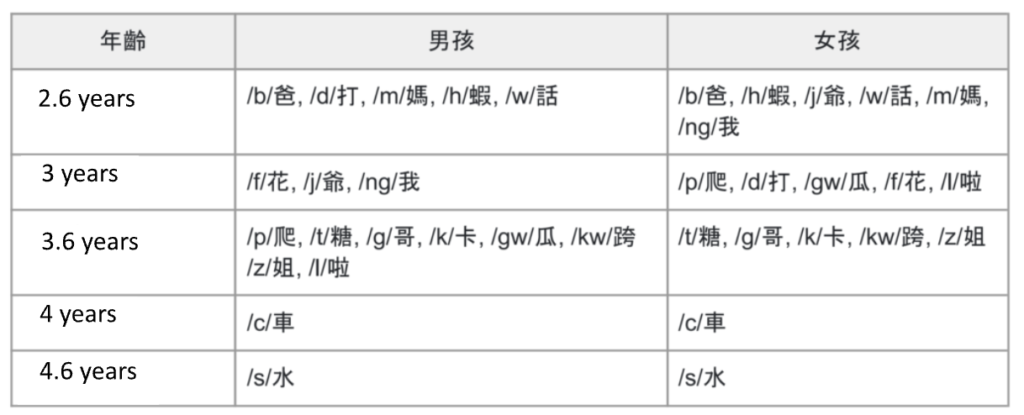Author: Ms. Yo Yo Lee
Speech Therapist at Edge Development Centre
Children in the babbling stage are adorable, and we all know that every child goes through a phase of speaking “baby language.” For example, they may pronounce “da-da” as “daddy” or “dinosaur” as “dino.” When parents see other children speaking clearly while their own child continues to speak “baby language” even after starting kindergarten, they naturally worry if their child has a pronunciation problem. So, under what circumstances does a child need speech therapy? To answer this question, we need to first understand the milestones of children’s speech development.
When parents express concerns about their child’s pronunciation, the elderly may say, “Children will speak clearly when they grow up! Don’t worry too much!” To some extent, “speaking clearly when they grow up” is partially correct. Speech development follows certain patterns. As children grow older, they gradually acquire more speech sounds, and their pronunciation becomes clearer with improved articulation. The Department of Health conducted research from 2004 to 2005, investigating the Cantonese speech development milestones in Hong Kong children. The results are as follows:

During the process of learning to speak, children first learn the labial sounds /b/, /m/, and /w/. These sounds are relatively easy to learn because there are more visual cues (observing the mouth movements of adults when producing the sounds). Some sounds produced at later articulatory positions, such as /g/, /k/, and /c/, appear later because there are fewer visual cues. Furthermore, from the above information, it can be seen that girls generally develop their overall speech and sound production faster than boys. If parents notice that their son’s pronunciation is less clear compared to other female classmates, there is no need to be overly concerned at first. You can refer to the above list to see if your son’s pronunciation matches the age level. For example, if your son is currently 3 and a half years old and has mastered most speech sounds except for the accurate production of the /s/ sound, such as pronouncing “西” as “低” or “水” as “隊,” this situation doesn’t need to be a major worry for now. According to the table, the acquisition age for the /s/ sound is 4 years and 6 months, so this pronunciation error falls within an acceptable range. Parents can continue to observe their son’s pronunciation, as he may naturally learn to produce the /s/ sound by the age of 4 years and 6 months. However, if the pronunciation problem with the /s/ sound persists until the age of 5, and even after receiving demonstrations from adults, your son still cannot accurately produce the sound, there is a high chance that this situation falls under speech-sound disorder, and it would be advisable to seek the opinion of a speech therapist.
References:
- National Institute on Deafness and other Communication Disorders (2010). Statistics on Voice, Speech, and
Language. National Institute on Deafness and other Communication Disorders. Retrieved March 23, 2014,
from https://www.nidcd.nih.gov/health/statistics/pages/vsl.aspx - A study conducted in Australia found that the prevalence of speech disorder in a cohort of 4-year-olds was
3.4%. Speech sound disorder at 4 years: prevalence, comorbidities, and predictors in a community cohort of
children – Eadie – 2015 – Developmental Medicine & Child Neurology – Wiley Online Library - Carol K. S. To, Thomas Law & Pamela S. P. Cheung (2012) Treatment intensity in everyday clinical
management of speech sound disorders in Hong Kong, International Journal of Speech-Language
Pathology, 14:5, 462-466, DOI: 10.3109/17549507.2012.688867


